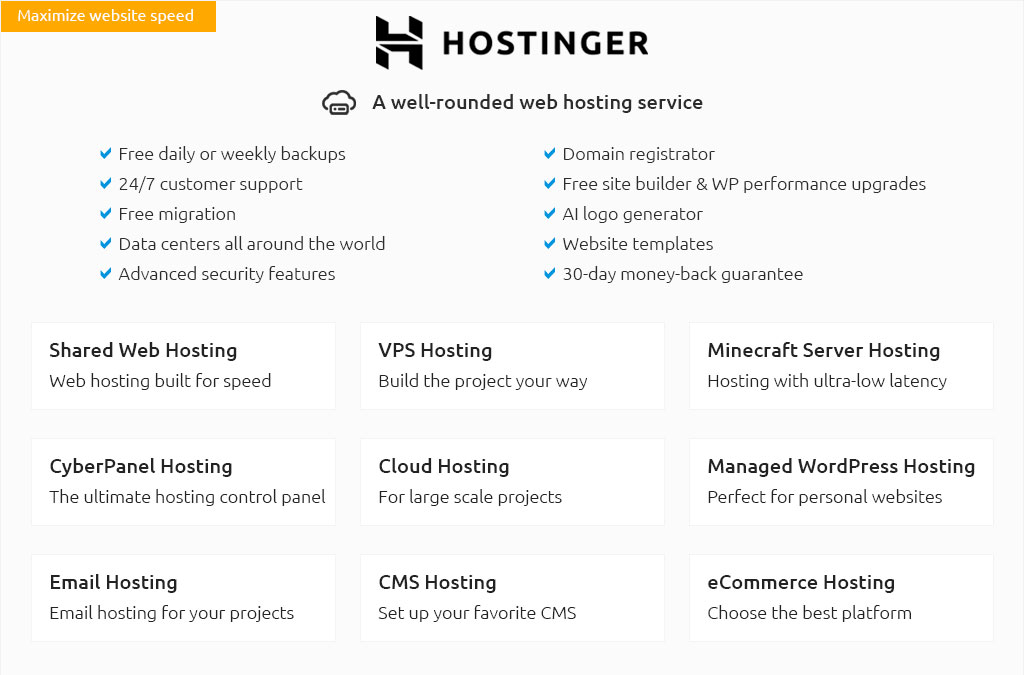 |
|||
 |
 |
 |
|
 |
|
 |
 |
 |
|||
 |
|||
 |
|||
 |
|||
 |
|||
 |
|||
 |
 |
Exploring the World of VPS: Understanding Virtual Private ServersIn today's digital age, where the internet has become a fundamental part of our daily lives, the concept of a Virtual Private Server (VPS) emerges as a pivotal solution for businesses and individuals seeking reliable and flexible hosting options. A VPS offers a unique blend of affordability and performance, making it an attractive choice for many. At its core, a VPS is a virtualized server that mimics the environment of a dedicated server within a shared hosting infrastructure. This means that while you share the physical server with other users, your resources are isolated, providing you with greater control and stability. But why choose a VPS over other hosting options? One of the primary benefits lies in its scalability. Whether you're running a small blog or managing a high-traffic e-commerce site, a VPS can be scaled to meet your specific needs. This flexibility is particularly beneficial for businesses expecting growth, as it allows for seamless upgrades without the headache of migrating to a new server environment. Furthermore, a VPS provides users with root access, granting them the ability to customize and configure the server to suit their exact requirements. This level of control is often lacking in shared hosting plans, where users are confined to predetermined settings. With a VPS, you have the freedom to install custom software, modify server settings, and optimize performance to your liking, which can be a game-changer for tech-savvy individuals or businesses with specific technical needs. In terms of cost, VPS hosting typically falls between shared hosting and dedicated hosting. While it may be more expensive than shared hosting, the additional expense is often justified by the enhanced security, performance, and customization options. The isolation provided by a VPS also means that your website's performance is less likely to be impacted by the activities of other users on the same server, a common issue in shared hosting environments. When considering a VPS provider, there are several factors to take into account.
https://www.dreamhost.com/blog/beginners-guide-vps/
A virtual private server provides dedicated resources and greater control over server configuration compared to shared hosting, at a lower cost ... https://www.ionos.com/servers/vps
Virtual private servers FAQs. How do I get started and where do I get support? https://www.hostinger.com/tutorials/what-is-vps-hosting
Running a VPS lets you set up your website within a secure container with guaranteed resources (memory, disk space, CPU cores, etc.) you don't have to share ...
|